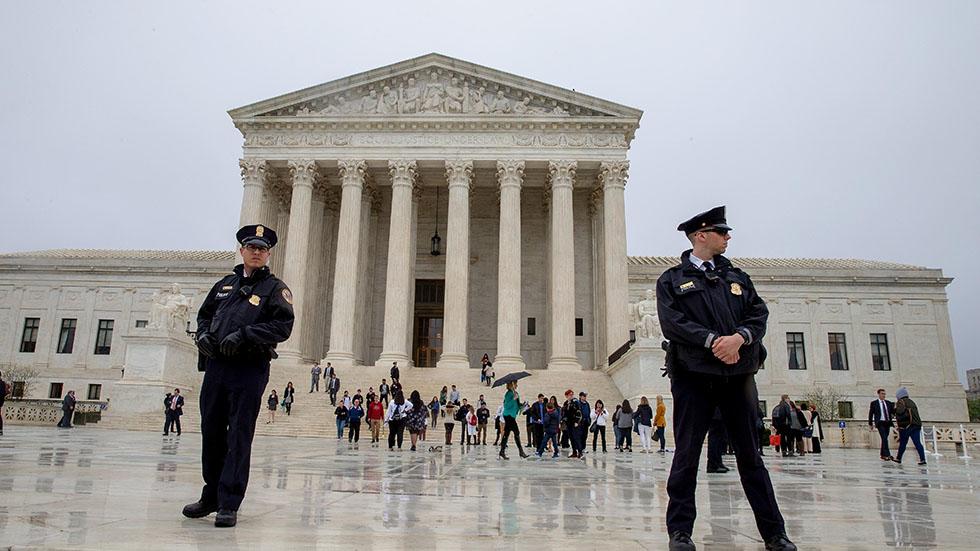While Alabama's controversial new abortion ban may take years to reach the Supreme Court, two less sweeping abortion disputes from Indiana may provide clues as to how the Justices might rule on the matter, according to Bloomberg.
In one case, Indiana wants to ban abortions motivated by the risk of a genetic disorder and require that clinics bury or cremate fetal remains. The other bill would require than an ultrasound be performed at least 18 hours before an abortion. It will be up to the Supreme Court to take the case or not - as four votes are needed to accept it.
The appeals are the first in a growing list of cases revealing how the court's conservative justices - in particular Chief Justice John Roberts and Justice Brett Kavanaugh - will come down on the topic. If the appeal is accepted, it would mean that in all likelihood either Roberts or Kavanaugh would have to join with the three most conservative justices to grant review, according to the report.
When asked during his confirmation process last August, Kavanaugh told Sen. Susan Collins (R-Maine) that he believes the 1973 Roe v. Wade is "settled law," suggesting he may not vote to overturn it if confirmed.
Any case granted review in the coming weeks would be heard in the term that starts in October and be decided in the thick of the 2020 election campaign, when President Donald Trump will be seeking a second term. Restricting abortions is a top policy goal for the conservative and evangelical voters who helped elect Trump, and the president’s authority to nominate Supreme Court justices has proven to be a potent political motivator for Republicans.
The always-heated abortion debate took on additional urgency this month in response to laws passed at the state level. Georgia banned the procedure once a fetal heartbeat can be detected, something that can occur before a woman knows she is pregnant. Then Alabama made abortion a felony in almost all cases with a law designed to prod the Supreme Court to overturn the 1973 Roe v. Wade decision. -Bloomberg
2020 Democratic candidates have begun to use the issue to rally their base for a fight over what they describe as a fundamental reproductive right. And while some Congressional Republicans have shown support for Alabama's law - the strongest abortion legislation in the country, others such as House Republican leader Kevin McCarthy (R-CA) say it goes too far because it does not provide exceptions for victims of rape or incest.
Justice Stephen Breyer said last week that judges shouldn't reverse precedents simply because they do not agree with them. The liberal judge last week dissented from a Supreme Court ruling that overturned a 40-year-old precedent involving sovereign immunity.
"The law can retain the necessary stability only if this court resists that temptation, overruling prior precedent only when the circumstances demand...


